Steven Pinker addressed the Institute of Art and Ideas with his thesis outlining a decline in violence over the course of recent centuries. Is this the case and, if so, why?
"Violence has been in decline for long stretches of time, and today we may be living in the most peaceful era in our species' existence. The decline of violence has not been steady, it has not brought rates of violence down to zero, and it is not guaranteed to continue, but I hope to persuade you that it's been a persistent historical development visible on scales from millenia to years, from the waging of wars to the treatment of children and animals." Steven Pinker
It's certainly a substantial claim, and one that has stimulated much debate over the past year. Some have reviewed his book, "The Better Angels of our Nature: Why Violence has Declined", as a supremely important study of human nature. However, John Gray has attacked it as displaying a misplaced faith in an enlightenment teleology.
While Gray is strong in unpicking Pinker's rationalisations about why this decline has occurred, he fails to challenge significantly the main point of the book: the decline of violence itself. Dismissing Pinker's susbtantial research as "impressive-looking graphs and statistics...[that do] not, in the end, rest on scientific investigation", Gray points to the numerous wars that have dotted the 67 years of supposed Great Power peace since the end of the Second World War as refuting Pinker's view of reduced conflict. Yet Pinker doesn't ignore these but instead has placed the admittedly still horrific violences of 20th-century conflicts in their proper historical contexts of frequency and population proportion.
A notable example is the 8th-century An Lushan rebellion in China, which some estimates suggest resulted in the deaths of 36 million people (though this data is, up to a point, contested). Proportionally, that scales up to over 400 million in 20th-century terms - multiples more than the 60 million who lost their lives during the Second World War.
The eye-catching title of Pinker's idea has served to rile some, and the book seems to have become a straw man for those wishing to attack a perceived progressive-humanist complacency concerning the post-Cold War era. This is quite unfair, as the dominant media narrative (especially in the past 11 years) often seems to be pessimism with regards violence and humanity's future, and Pinker's contextualisation, in fact, serves as an much-needed corrective.
A more penetrating critique of Pinker's ideas could possibly come from work on reconceptualising the nature of violence, and how society and the state have evolved to control, and deploy, it. In effect, at what cost this decline in violence? Has violence just been replaced by alternative systems of coercion and control that still achieve the same (mostly economic) ends with regards oppressor and oppressed, less the tedious formality of actually maiming and killing people? While it is clearly preferable to be economically exploited than killed outright, is a decline in violence significant if the underlying reasons for that violence remain firmly in place?







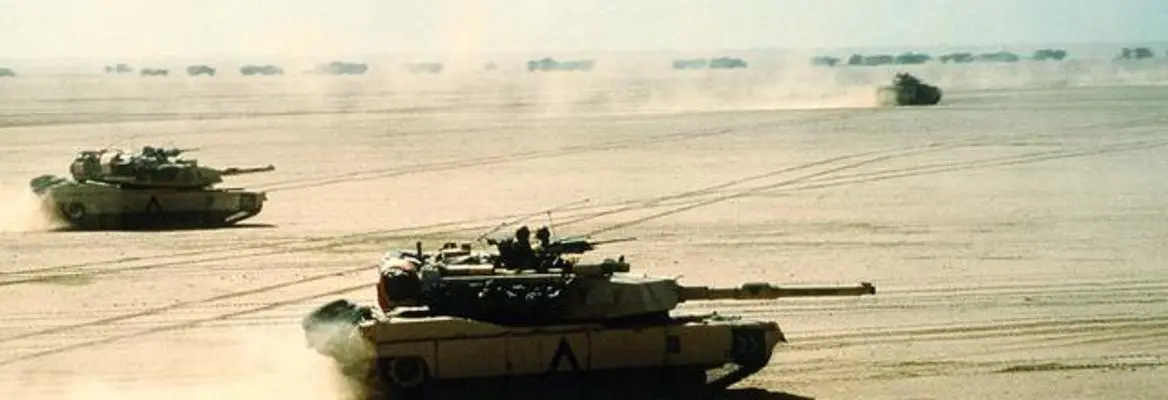



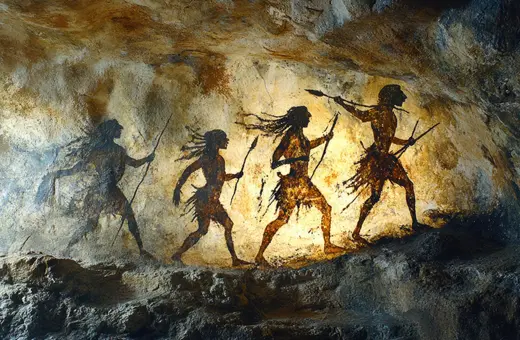


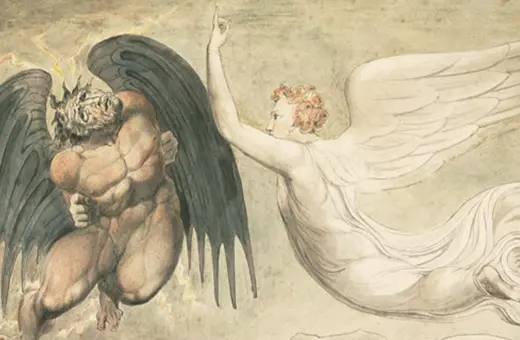

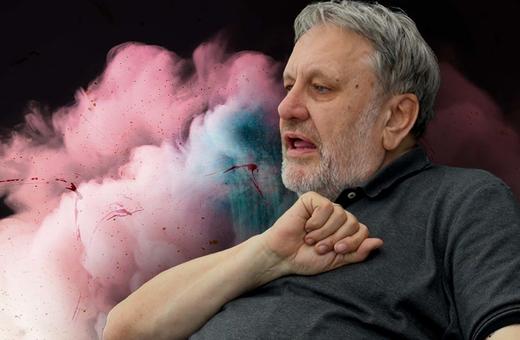
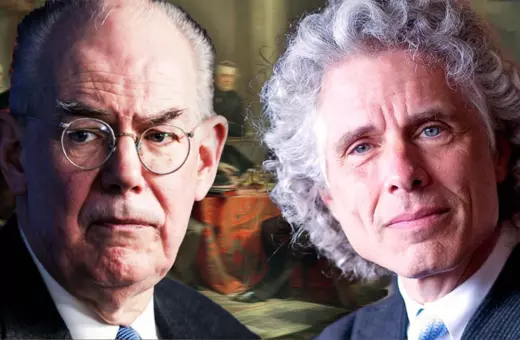



Join the conversation